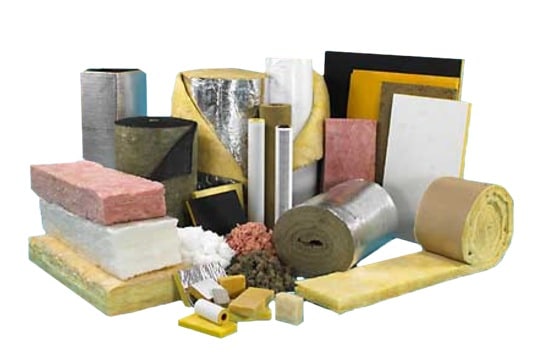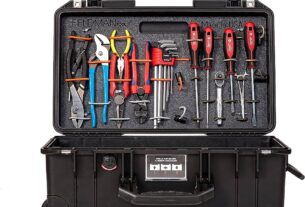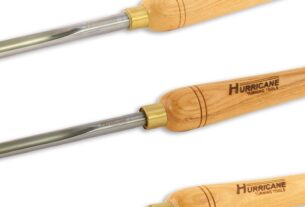As an electrician or DIY enthusiast, having the right tools is essential to getting the job done right. When it comes to working with electrical wiring, one tool that you can’t do without is an insulator tool. This specialized tool helps protect you from electrical shock by preventing current from passing through your body.
In this article, we’ll take a closer look at insulator tools and what you need to know before choosing the right one for your needs. From understanding the different types of insulator tools available to tips on how to use them safely and effectively, we’ve got you covered.
Understanding Insulator Tools
An insulator tool is any tool that is designed to prevent electricity from flowing through it. This can include anything from rubber gloves and boots to insulated screwdrivers and pliers. These tools are critical for anyone who works with electricity or electronic components as they help prevent accidental shocks.
There are many different types of insulator tools available, each with its own unique features and benefits. Some common types of insulator tools include:
– Insulated gloves: These gloves are made from rubber or other insulating materials and are designed to protect your hands while working with live electrical wires.
– Insulated screwdrivers: These screwdrivers have handles made from non-conductive materials such as plastic or rubber to prevent current from passing through them.
– Insulated pliers: Similar to insulated screwdrivers, these pliers have handles made from non-conductive materials to prevent electrical current from flowing through them.
– Voltage testers: These devices are used to check whether a wire or component is live or not before touching it with your hands or other tools.
Choosing the Right Insulator Tool
When it comes to choosing the right insulator tool for your needs, there are several factors that you should consider. These include:
1. Type of work: The type of work that you will be doing will determine which insulator tools you need. For example, if you will be working with live wires, you will need insulated gloves and pliers.
2. Voltage rating: Insulator tools are rated for different voltage levels, so it’s important to choose one that is appropriate for the job at hand. Make sure to check the voltage rating of any tool before using it.
3. Material: Insulator tools can be made from a variety of materials, including rubber, plastic, and fiberglass. Each material has its own unique properties, so consider which one will work best for your needs.
4. Brand quality: Some brands of insulator tools are known for their quality and durability. Do your research and read reviews before making a purchase to ensure that you are getting a good product.
Using Insulator Tools Safely
While insulator tools are designed to protect you from electrical shocks, they are not foolproof. It’s essential to follow proper safety protocols when using these tools to avoid accidents or injuries. Here are some tips on how to use insulator tools safely:
1. Always wear protective gear such as gloves, boots, and safety glasses when working with electricity.
2. Use the right tool for the job. Don’t try to improvise with makeshift tools or use a tool that is not appropriate for the voltage level you’re working with.
3. Make sure all equipment is properly grounded before starting any work.
4. If in doubt, turn off the power before touching anything.
Conclusion
Insulator tools are an essential part of any electrician or DIY enthusiast’s toolkit. By understanding the different types of insulator tools available and how to use them safely and effectively, you can protect yourself from accidental shocks while working with live electrical wires.
Remember to always choose the right tool for the job, wear proper protective gear, and follow all safety protocols when working with electricity. With the right insulator tools and a little bit of knowledge, you can tackle any electrical project with confidence.
Wiki Reference: https://en.wikipedia.org/wiki/Insulator_(electricity)




